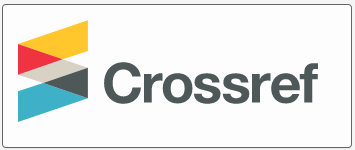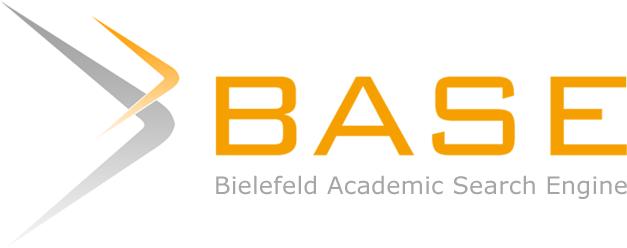Stakeholders in Higher Education - Transforming for Development and Well-Being
DOI:
https://doi.org/10.52340/jds.2021.06Keywords:
Stakeholder, HEIs, Development,, SatisfactionAbstract
Due to globalisation, massification of higher education, and neo-liberal policies in higher education, education started to be viewed as a sort of business, seeing stakeholders becoming vital for the development of HEIs. Stakeholders have the power to respond to, negotiate with, and modify the strategic future of the various institutions. From a power position, political and governmental bodies, and accompanying structures such as the Parliamentary Commission on Education and Ministry of Education,
state educational quality assurance bodies are the most important. They define the criteria of quality and independence, while authorisation/accreditation committees have the power to authorise/accredit or shut down a university or educational program. They also define what kinds of learning outcomes are expected from programs (Ministry of Education, 2010), so, whatever is written in the national standards has a huge, maybe determining, impact on what a university does in the pursuit of officially recognised quality
Downloads
Downloads
Published
How to Cite
Issue
Section
License
Copyright (c) 2022 JOURNAL OF DEVELOPMENT STUDIES

This work is licensed under a Creative Commons Attribution-ShareAlike 4.0 International License.














